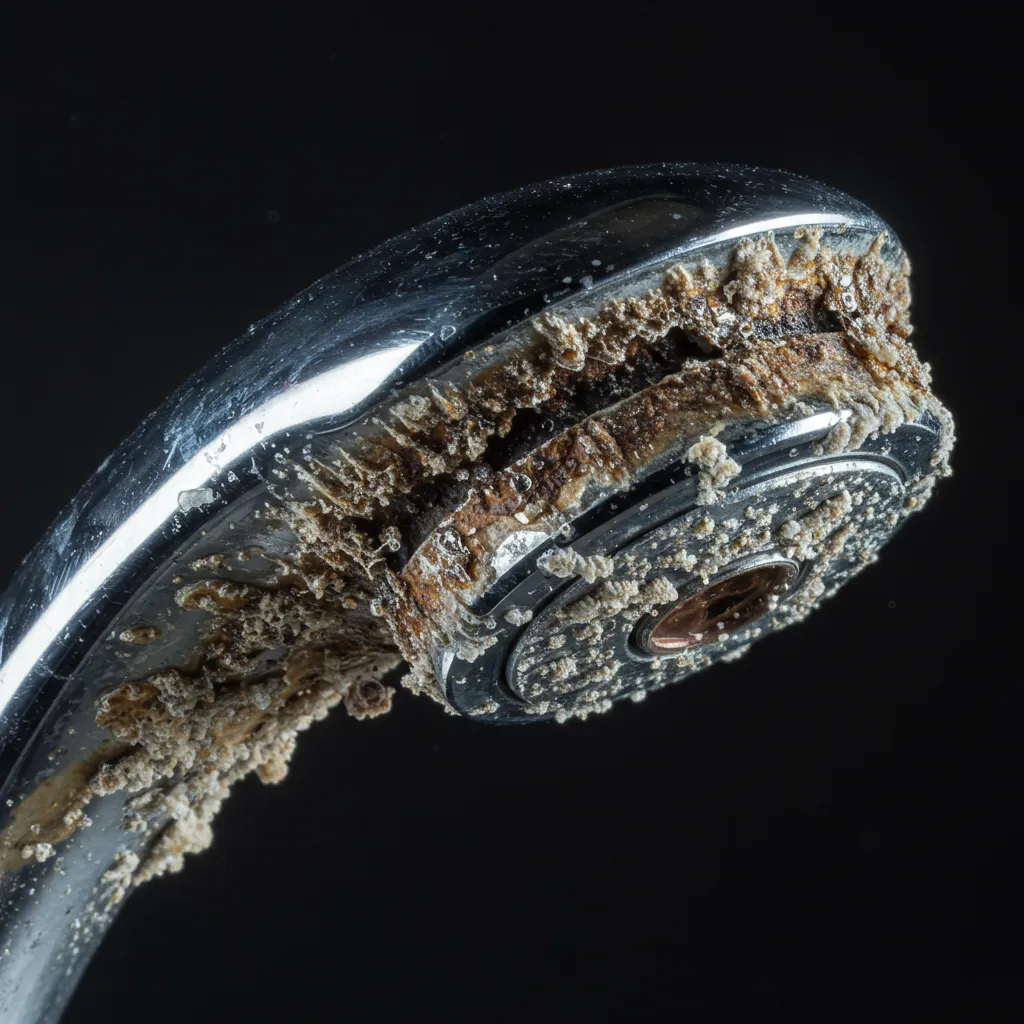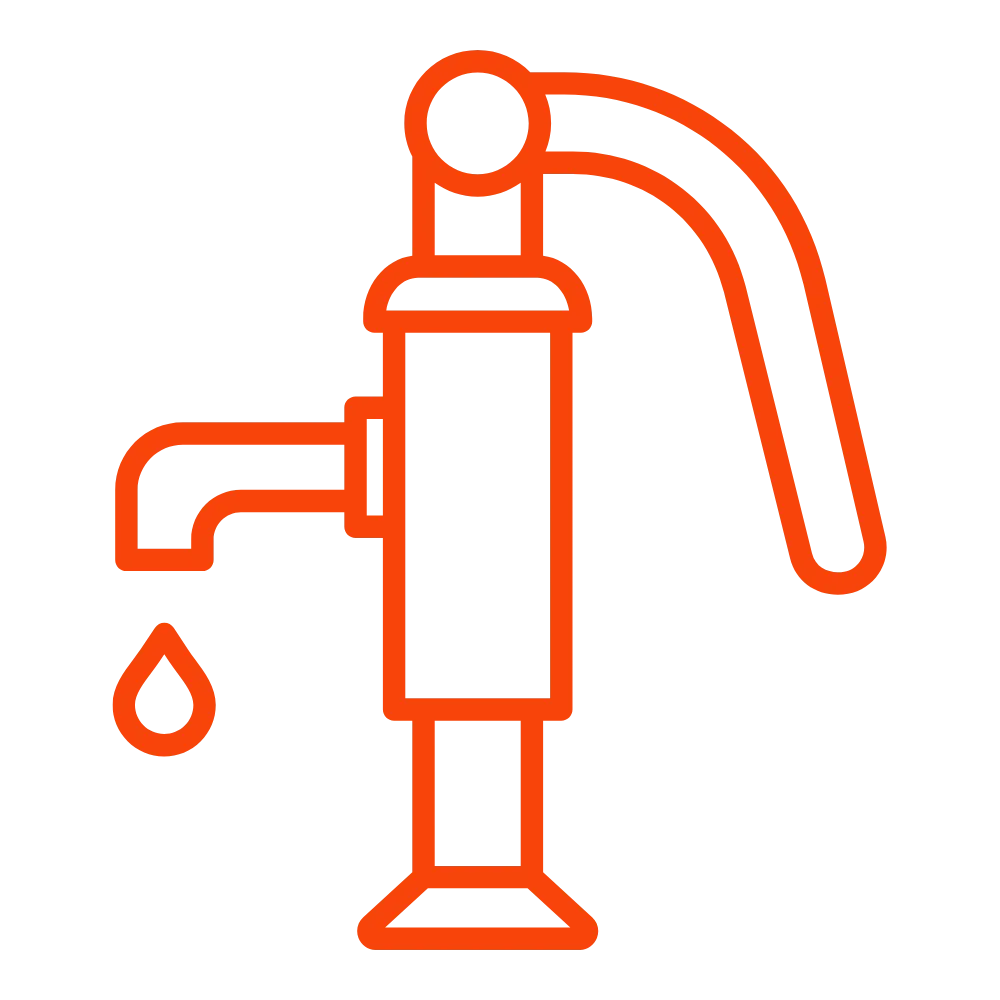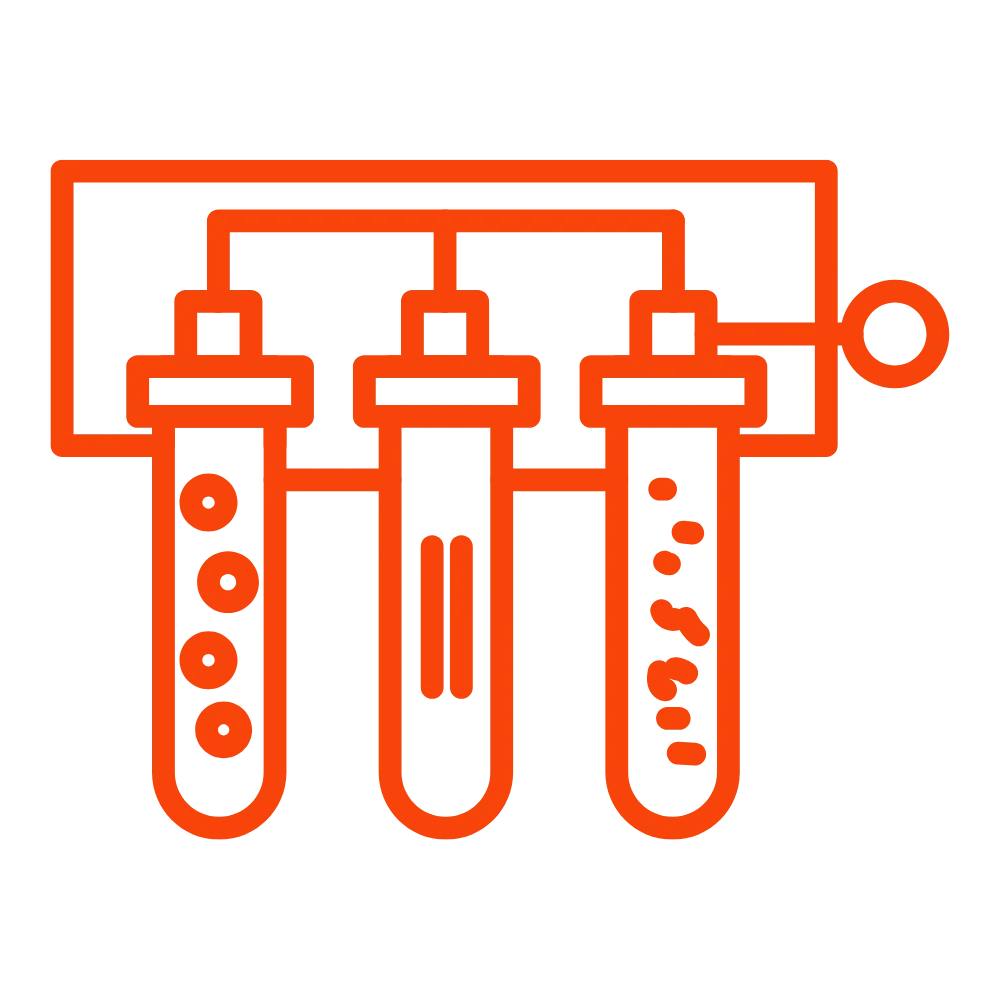Defcon Water Blog

Hard Truths About Hard Water: The Real Cost of Calcium in Your Tap
Hard Truths About Hard Water: The Real Cost of Calcium in Your Tap
You turn on the tap, fill your glass, and take a sip. It’s water. It's clear. It’s clean-ish. So everything’s fine, right?
Wrong.
If you’re one of the millions of Americans dealing with calcium-rich tap water, you’re not just drinking water—you’re sipping on a silent saboteur that’s doing more damage than you think.
Let’s break down the hard truth about calcium in tap water, and why your pipes, your appliances, your skin, and yes—even your wallet—are taking a hit. Buckle up. This might get a little crusty.
First: What Is Calcium Doing in My Water?
Calcium is a naturally occurring mineral found in limestone, chalk, and gypsum. When water passes through these materials underground, it picks up calcium and magnesium—giving you what we affectionately call "hard water."
It’s not a conspiracy. It’s just geology. But that doesn’t mean it’s harmless.
In small amounts, calcium isn’t necessarily bad for you. In fact, it’s an essential nutrient. But in the quantities that show up in many U.S. water systems, calcium is more of a nuisance than a benefit.
And when it builds up? You’re looking at a laundry list of issues that get worse over time.
How Calcium in Tap Water Wreaks Havoc on Your Home
1. Crusty Faucets & Clogged Pipes
Ever notice white, chalky build-up around your faucet head? That’s limescale, the mineral residue left behind by calcium and magnesium in hard water. Over time, this stuff doesn’t just look ugly—it clogs your plumbing, reduces water flow, and corrodes your pipes from the inside out.
Click here to book a free estimate and find out what’s lurking in your lines before it turns into a full-blown plumbing disaster.
2. Water Heaters on Life Support
Calcium doesn’t just clog your pipes. It also settles in the bottom of your water heater, forming a thick crust that forces your system to work harder just to do its job. That extra strain shortens the lifespan of your heater and spikes your utility bills.
Translation? You’re paying more to shower in underwhelming water.
3. Ruined Appliances
Your dishwasher, washing machine, ice maker, and coffee pot weren’t made to survive a calcium siege. The buildup clogs their inner workings and reduces efficiency, meaning your dishes stay spotty, your clothes stay stiff, and your Keurig starts making weird noises like it’s about to launch into orbit.
Click here to schedule a system evaluation and stop the slow destruction of your home appliances.
4. Dry Skin, Brittle Hair, and "Soap Scum Forever" Syndrome
Hard water makes it almost impossible to rinse off soap properly. The result? Soap residue sticks to your skin, clogs pores, irritates eczema, and leaves your hair feeling like straw. And don’t get us started on the bathtub ring that won’t go away no matter how hard you scrub.
Let’s Talk Money: Calcium’s Hidden Cost
Maybe you're thinking, “It’s just water, how bad can it be?”
Well, let’s do some quick math:
Average lifespan of a water heater with hard water: 5–7 years
Cost of replacement: $1,200–$2,000+
Appliance efficiency loss: 20–30% higher energy bills
Clogged plumbing repairs: Hundreds to thousands
Over 10 years, hard water could quietly siphon $10,000–$15,000 from your bank account.
And for what? Slightly crunchier water?
Is Calcium in Water Dangerous to Drink?
Short answer: No, not in moderation.
Longer answer: It’s complicated.
Calcium itself isn’t toxic. But when it shows up alongside other contaminants (like iron, manganese, or chlorine), it can alter the chemical behavior of your water—and interact with heavy metals or bacteria in your system.
And if you're on well water, calcium often travels with friends you don’t want: sulfur, iron, coliform bacteria, and in some cases, radon.
Still feel good about sipping that unfiltered glass?
What You Really Need: More Than Just a Softener
A basic water softener will remove calcium and magnesium, sure. But softeners alone don’t filter out the volatile organic compounds, chlorine, pesticides, tannins, or microbiological threats that also love to crash your water party.
That’s why Defcon Water recommends a layered approach:
Defcon 3: Whole-home softening + carbon filtration
Defcon 2: Add UV purification for microbial defense
Defcon 1: Reverse osmosis + full-spectrum filtration for the highest level of protection
Click here to learn which Defcon level fits your family and get ahead of the problem before it hits your pipes—or your face.
Why the Government Doesn’t Talk About It
The EPA regulates water for safety—but not necessarily for comfort, efficiency, or long-term health impacts. So while your city water may be “legal,” that doesn’t mean it’s ideal.
Most municipalities treat water with the bare minimum filtration and load it with disinfectants like chlorine to kill bacteria in transit. But hard water minerals like calcium? That’s your problem.
And unless you live in one of the rare regions with naturally soft water, chances are… you’re already bathing in the buildup.
How Do You Know If You Have Hard Water?
Here are the signs:
Soap doesn’t lather easily
Spotty dishes after washing
Hair feels dry or frizzy
White or brown scale on faucets
Low water pressure from mineral buildup
Dry, itchy skin after showers
Appliances breaking down faster than usual
If this sounds familiar, it’s time to take your water seriously. Click here to get a professional water analysis and see exactly what you’re dealing with.
Final Thoughts: Calcium’s Not the Enemy—Complacency Is
Calcium isn’t evil. But letting it slowly destroy your home and health without doing anything about it? That’s borderline negligent.
Here’s the deal: you wouldn’t let your family drink from a rusty pipe. So why let them drink from a system that’s been calcifying for years?
Click here to schedule your free water estimate.
Protect your people. Protect your plumbing. Protect your peace of mind.
Because when the world goes sideways, the last thing you want to worry about is whether your water can be trusted.
© Defcon Water 2025 All Rights Reserved.
Webmaster | Legacy Sales Engineering














